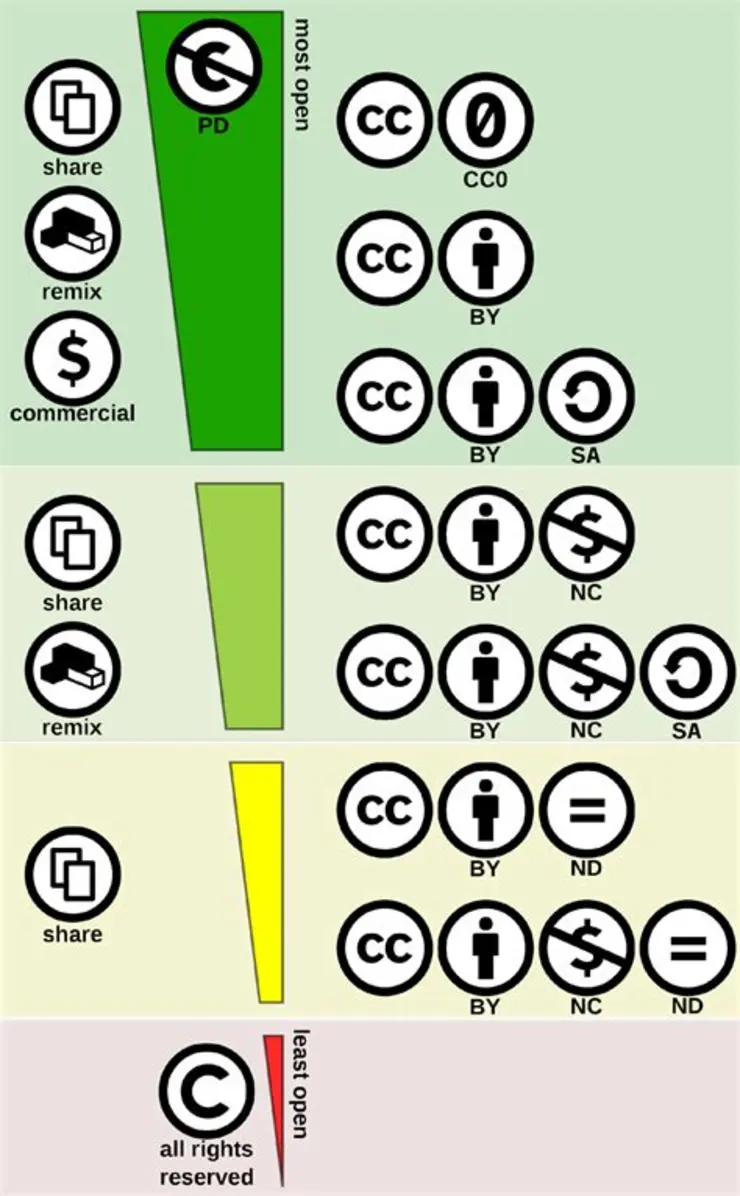Publishing agreements are concluded between author and publisher. The contract specifies which rights of use an author grants the publisher and whether or not these are exclusive.
The legal binding arrangement is set within the framework of German Intellectual property law. The basic legal texts are the Section 8 of the German Publishing Act (VerlG) [GER] and the Section 31-44 of the German Copyright Act (UrhG).
Section 38 of the German Copyright Act (UrhG)explicitly grants authors the right to self-archive. It states:
The author of a scientific contribution which results from research activities at least half of which were financed by public funds and which was reprinted in a collection which is published periodically at least twice per year also has the right, if he or she has granted the publisher or editor an exclusive right of use, to make the contribution available to the public upon expiry of 12 months after first publication in the accepted manuscript version, unless this serves a commercial purpose. The source of the first publication must be cited. Any deviating agreement to the detriment of the author is ineffective.
The former applies only if contracts are concluded under German law. In case of contracts with foreign publishers the rules of the legal location apply unless Germany has been explicitly declared the place of jurisdiction in the contract.
For more information, see the Open-access-network website.
Information on „Urheberrecht in der Wissenschaft. Ein Überblick für Forschung, Lehre und Bibliotheken“ can be found in the BMBF-handout [German]
Open Content Licenses
Copyright and open access publishing are by no means mutually exclusive. If you want to publish your scientific text open access, you should define usage rights for your document. Open content licenses can be helpful here. This type of license is a standardized contract which helps authors to specify the terms and conditions under which the respective works may be reused. In contrast to closed-access publications, the author does not grant a third party the exclusive rights of use.
Many publishers now allow the granting of free licenses for their open access publications. Increasingly, funding bodies are also requesting that publications they fund be published under a free license.
The best-known open content licenses include the Creative Commons licenses.
Creative Commons Licenses
CC licenses are standardized license agreements that allow you, though the combination of their building blocks like elements, to grant the public permission to use your creative work under copyright law. When choosing a CC license, authors can specify how open or closed the usage rights are to be according to their individual wishes.
If you choose a CC BY NonCommercial license (CC BY-NC), please note the following:
The decision for a CC BY-NC license usually excludes commercial re-use. However, publishers may still secure a monopol on the exploitation of the open access publication. This is done, for example, through specifications in License Agreement for Publishing. These are the prerequisite for publication by the publisher and may include an exploitation right granted exclusively to the publisher. This means that the publisher may reproduce, distribute and make the publication available to the public on a commercial basis at any time.
More information about CC licenses
Klimpel, Paul: Why a non-commercial clause often won't serve your needs [pdf]
Creative Commons licenses for Open Access [Video, TIB AV-Portal]
The non-commercial license in academia [Video, TIB AV-Portal]
DEAL campaign “OPEN ACCESS MEANS CC BY”
creating your own CC-license


